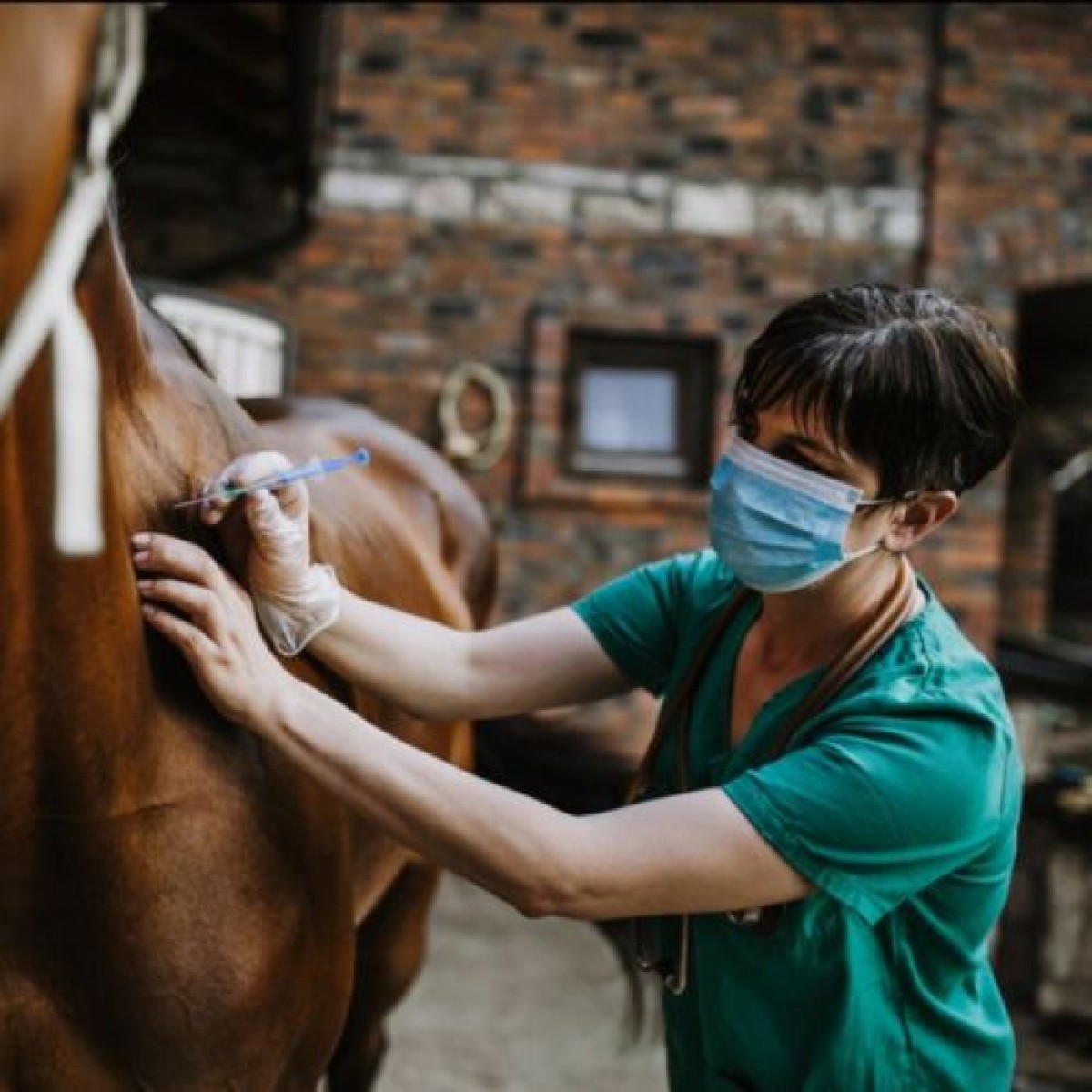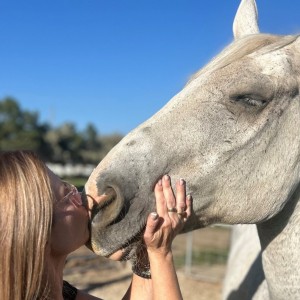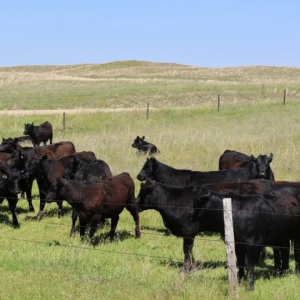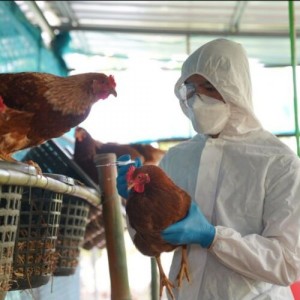Handling and feeding errors in horses
Improper handling and feeding causes stress for horses housed in pits, which in turn increases unwanted behaviors
According to a research team from the State University of Maringa in Brazil, “animals housed in stables in stables do not have autonomy over food choice or the duration of browsing and tend to be inactive between meals. Additionally, other normal activities, such as social interaction and rest, are affected when horses are confined to the pits. Short periods of feeding combined with long intervals between meals can promote abnormal or stereotypical behaviors in horses. Therefore, although the boxes can provide security, they can negatively affect the welfare and performance of the animals.”
Study of horses housed in pits
To improve the well-being and handling of the horses and ensure the quality of life and improve performance, researchers studied 105 blocks of adult horses housed in stalls for 30 days. All the horses were actively participating in competitions. The horses had no physical contact with other horses except during training. They were fed four times a day, alternating forage and concentrates.
Results
All horses were observed for 24 consecutive hours, and their behavior was evaluated. The key findings of the study were:
- The horses did not receive enough energy or crude protein (the average score for body condition was 4 on the 9-point scale commonly used);
- The food was consumed very quickly, leaving enough time to perform undesirable behaviors;
- Examples of undesirable behaviors included restlessness, listlessness, stall walking, eating manure, head shaking, licking, foraging, and lashing out. These behaviors were more frequently expressed in older and larger horses;
- The long time between meals and the insufficient energy (calories) offered to the horses may be responsible for the undesirable behaviors observed in this study.
Conclusion
Kathleen Crandell, Ph.D. Kentucky Equine Research nutritionist stated that “The feeding practices of domestic horses, particularly those that live in boxes for most of the day, are far from natural. These researchers suggest that weighing feed, using small hole hay nets or slow feeders, and feeding less feed more frequently can reduce undesirable behaviors and improve equine welfare when horses must be confined to boxes. "
Bueno Ribeiro, L., T. Vasconcelos Matzkeit, J. Teodoro de Souza Nicolau. 2019. Determinants of undesirable behaviors in American Quarter Horses housed in box stalls. Journal of Equine Veterinary Science 80:69-75.













List
Add
Please enter a comment